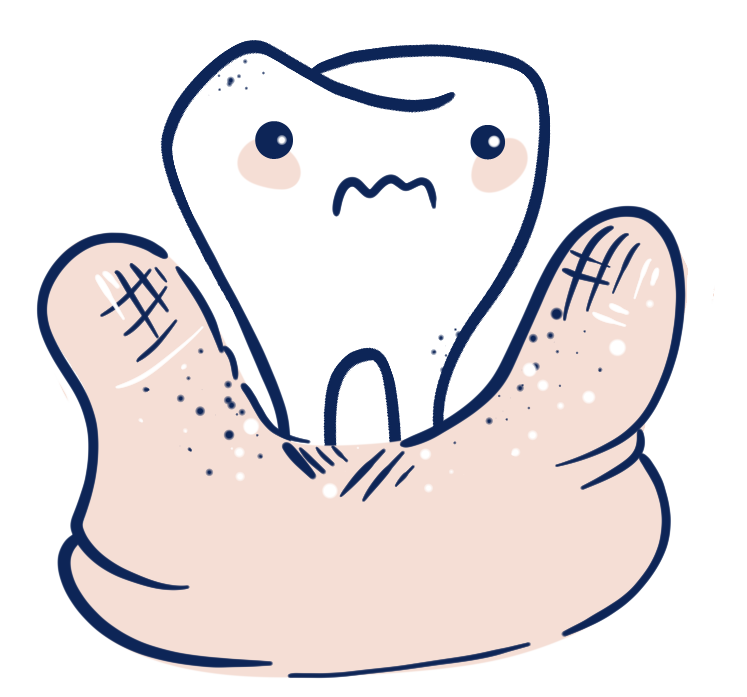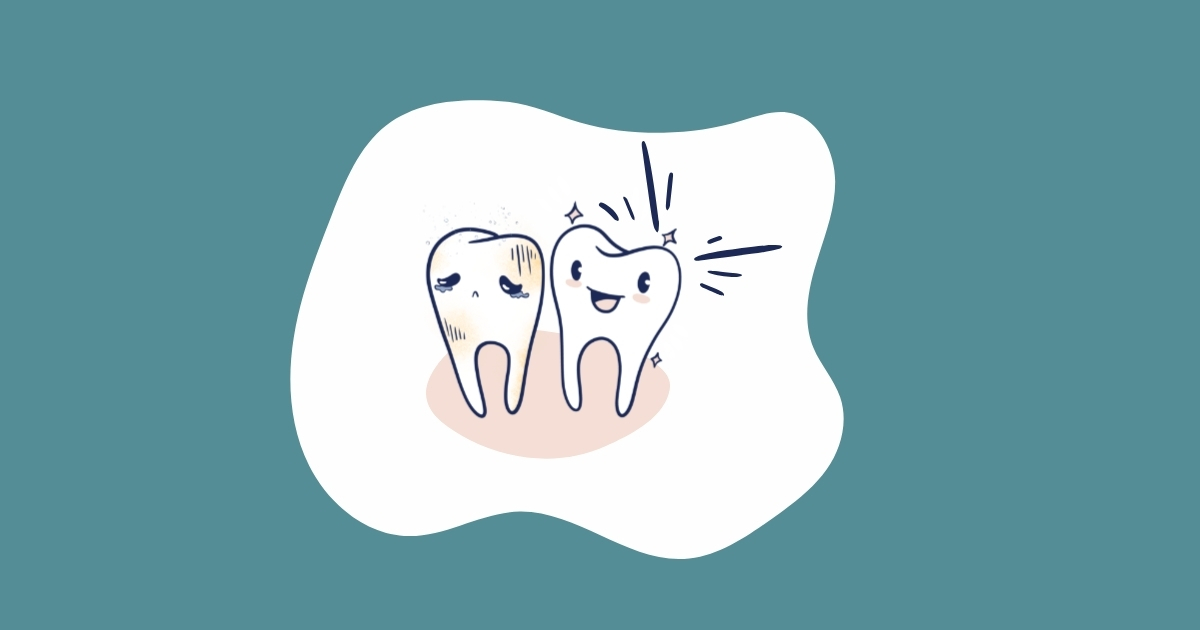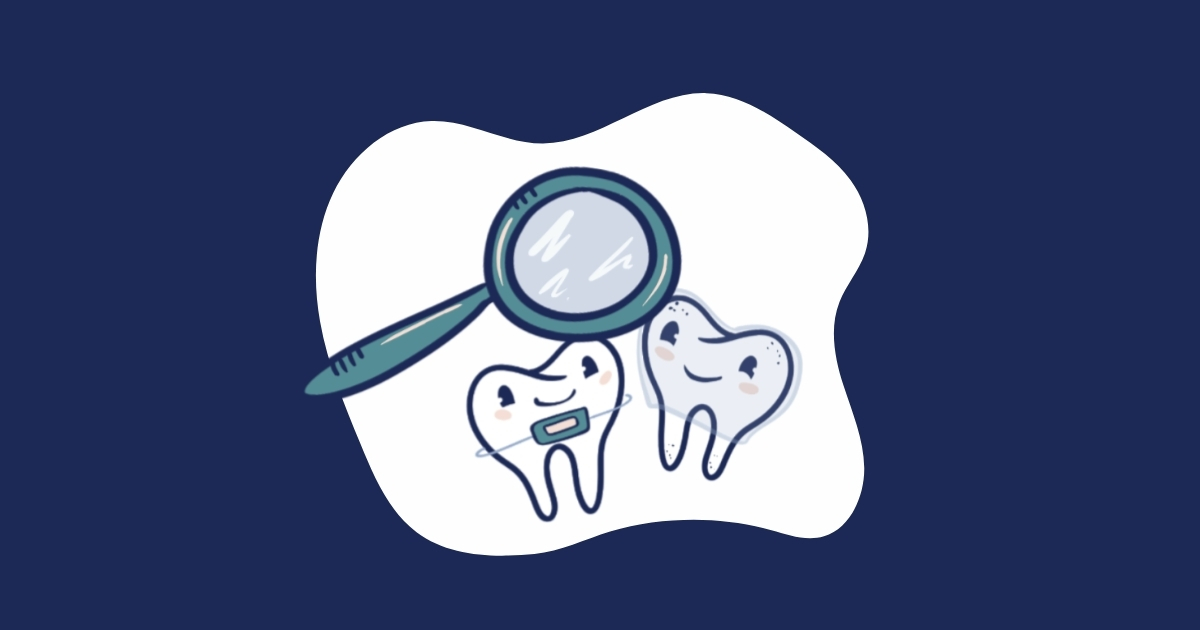If you’re dealing with gum disease, you’re not alone!
Here at Bass Dentistry, we see a lot of cases of periodontal disease, and that’s not unusual. Periodontal disease, often called gum disease, is one of the most common dental health issues for patients living in Gastonia, NC, and worldwide.
In the United States, about 42% of adults 30 and older have some form of periodontal disease, and older adults are even more at risk without proper treatment. If that statistic holds for Gastonia, about 36,680 folks in our area are dealing with gum disease. Worldwide, it’s estimated that about 10% of the population is affected by a severe case of periodontal disease. That’s close to 790 million people.
Let’s take a closer look at this common but potentially harmful infection, the symptoms, the treatments, and whether you’re at greater risk for periodontal disease due to genetics.
What Is Periodontal Disease?
Periodontal disease, also called periodontitis or gum disease, is a common but serious infection of the gums. It damages the soft tissue of your gums and, if left untreated, can destroy the bone that supports your teeth. Over time, it could cause loose teeth or even tooth loss. And it’s not just your teeth and gums that this condition may damage.
Research has shown that gum disease can be associated with systemic health issues like diabetes, heart disease, osteoporosis, respiratory disease, and even cancer. Inflammation may be responsible for the association between periodontal disease and these other ailments.
Luckily, we can identify the causes and symptoms of periodontal disease and prevent it with proper care.
Causes of Periodontal Disease
The leading cause of gum disease is our old nemesis, plaque. The sticky, thin film of plaque that builds up on your teeth daily creates a welcoming atmosphere for bacteria to thrive. Without proper oral hygiene, that plaque continues to build and harden into tartar.
Tartar is loaded with bacteria, and you need a dental professional to remove it. If it’s not removed, the buildup can cause gum inflammation and gingivitis, the mildest form of gum disease.
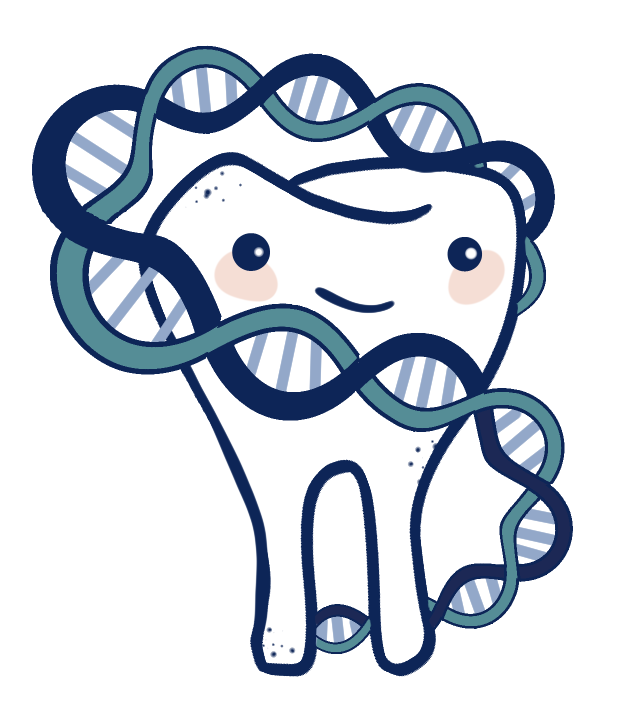
Ongoing inflammation can lead to periodontal disease, causing pockets to form between your teeth and gums. These pockets fill with bacteria, plaque, and tartar. If left untreated, these pockets can grow deeper, fill with even more bacteria, and eventually cause bone loss.
Personal choices like smoking or other tobacco use, poor oral health habits, inadequate nutrition, the use of certain medications, hormone fluctuations, conditions that affect the immune system, and some diseases may put you at an increased risk for periodontal disease.
Is Periodontal Disease Hereditary?
Some research indicates that genetics may play a role in periodontitis. Genetic bone structure may make some people more susceptible to the development of periodontal disease, but it’s not the sole cause.
Some people may have a genetic predisposition to periodontal disease due to their inherited immune response to inflammation or hereditary low salivary flow. As mentioned above, ongoing inflammation can lead to periodontal disease. Insufficient salivary flow prevents teeth from being properly remineralized, which can lead to more bacterial build-up in your mouth.
Even if hereditary traits make you more vulnerable to gum disease, proper oral hygiene can help control or prevent it. When you’re here for your appointment, let us know you have a family history of periodontal disease. Dr. Bass and the team can help you chart the best course for prevention and treatment.
Symptoms of Periodontal Disease
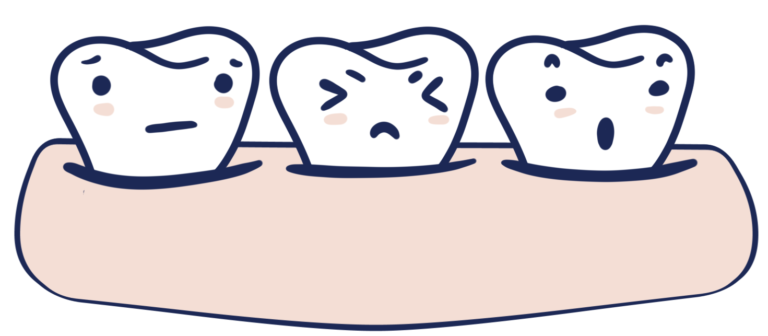
Healthy gums are usually pale pink, firm, and fit snugly next to the teeth. They shouldn’t feel tender to the touch. When the color and texture of your gums start to change, it may be a sign of developing gum disease.
Symptoms of periodontal disease can range from mild to severe. If you notice your gums are swollen, puffy, bright red, or purplish, you may be in the early stages of periodontal disease. Other indicators are bleeding gums when brushing and flossing, gum sensitivity or pain, bad breath, new spaces developing between your teeth, receding gums, pain when chewing, or loose teeth.
When you visit us at Bass Dentistry, we will talk to you about any changes you’ve noticed in your gums and do a thorough examination to evaluate your overall oral health. If we see signs of gum disease, we will make appropriate treatment recommendations and answer any questions you have.
How to Prevent Periodontal Disease
Like most oral health-related conditions, prevention is critical when it comes to periodontal disease. Regular brushing and flossing, along with twice-yearly visits to your dentist, helps.
Avoiding the use of tobacco products like cigarettes, maintaining a diet rich in minerals, choosing sugarless gum and mints, and allowing your teeth time to remineralize will all help you prevent periodontal disease.

Periodontal Disease Treatment

There are several treatments for periodontitis, depending on how far it has progressed. Dr. Bass is likely to recommend a deep cleaning that includes scaling and root planing in the early stages of infection.
Scaling and root planing helps remove tartar from deep within the periodontal pockets formed between the gums and teeth. This procedure helps smooth the tooth root and remove bacteria. It enables the gums to heal and shrinks the periodontal pockets.
After scaling and root planing, most patients shouldn’t need further intervention if they practice good oral health habits. These habits include regular brushing and flossing at home, as well as more frequent professional cleanings. Dr. Bass has seen x-ray evidence that patients diagnosed with periodontal disease in their 30s can stop and maintain bone loss into their 70s with proper treatment.
If the periodontal pockets are particularly deep and the tooth-supporting bone has deteriorated, surgery may be required to prevent tooth loss. Dr. Bass can refer patients to a qualified periodontist if you need additional therapy.
If you have periodontal disease, we’re here to help. It’s a common issue that can cause great harm if left untreated. If it’s been a while since your last check-up, give us a call. Our job is to keep your teeth healthy for a lifetime, and we’re happy to help.
Healthy Gums,
Healthy Life
If dental health is important to you and your family, take steps to know how to keep your gums healthy. Gum health is essential to maintaining healthy teeth and overall good dental hygiene. Brush and floss multiple times per day, avoid tobacco products, and use a therapeutic mouthwash.
If you want to know more about maintaining a healthy smile, book an appointment today with Bass Dentistry in Gastonia, NC.

